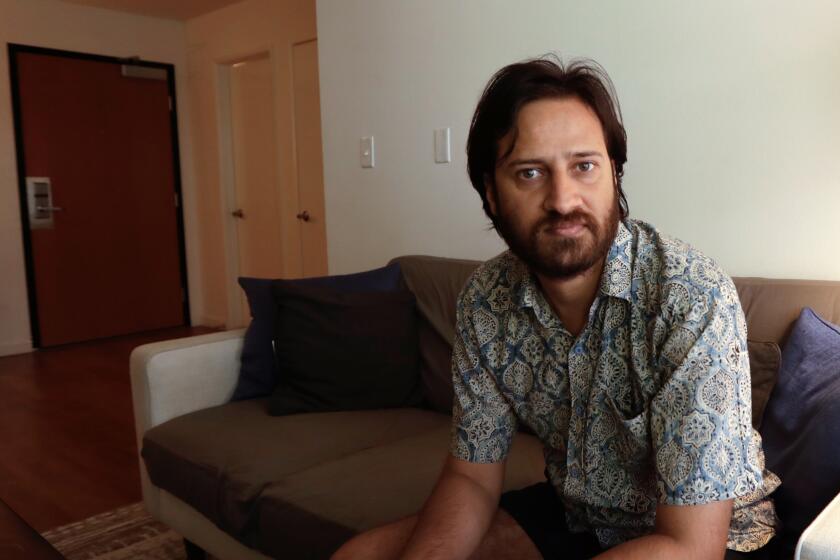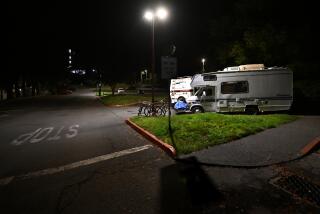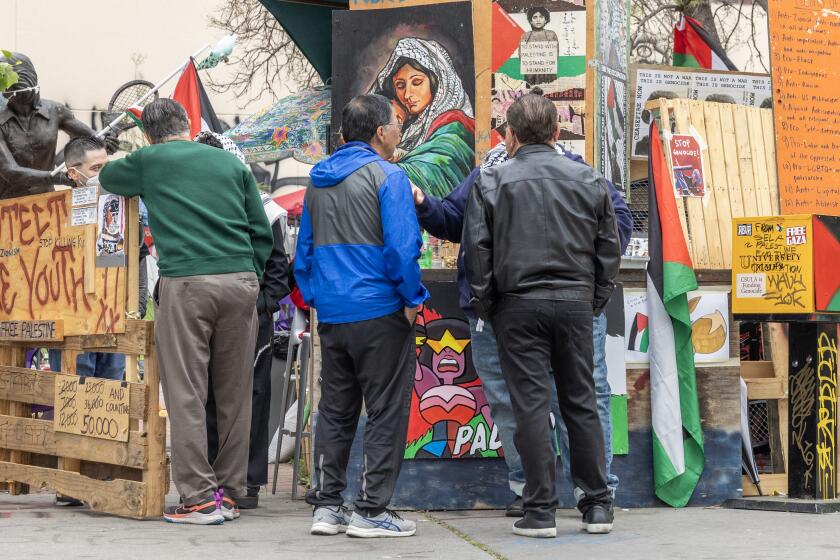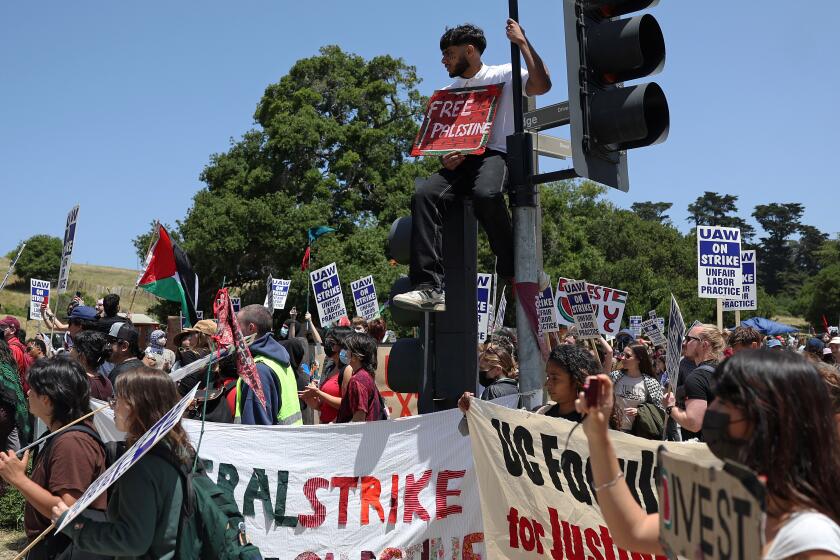California bill would give $1,000 a month in short-term guaranteed income to homeless high school seniors
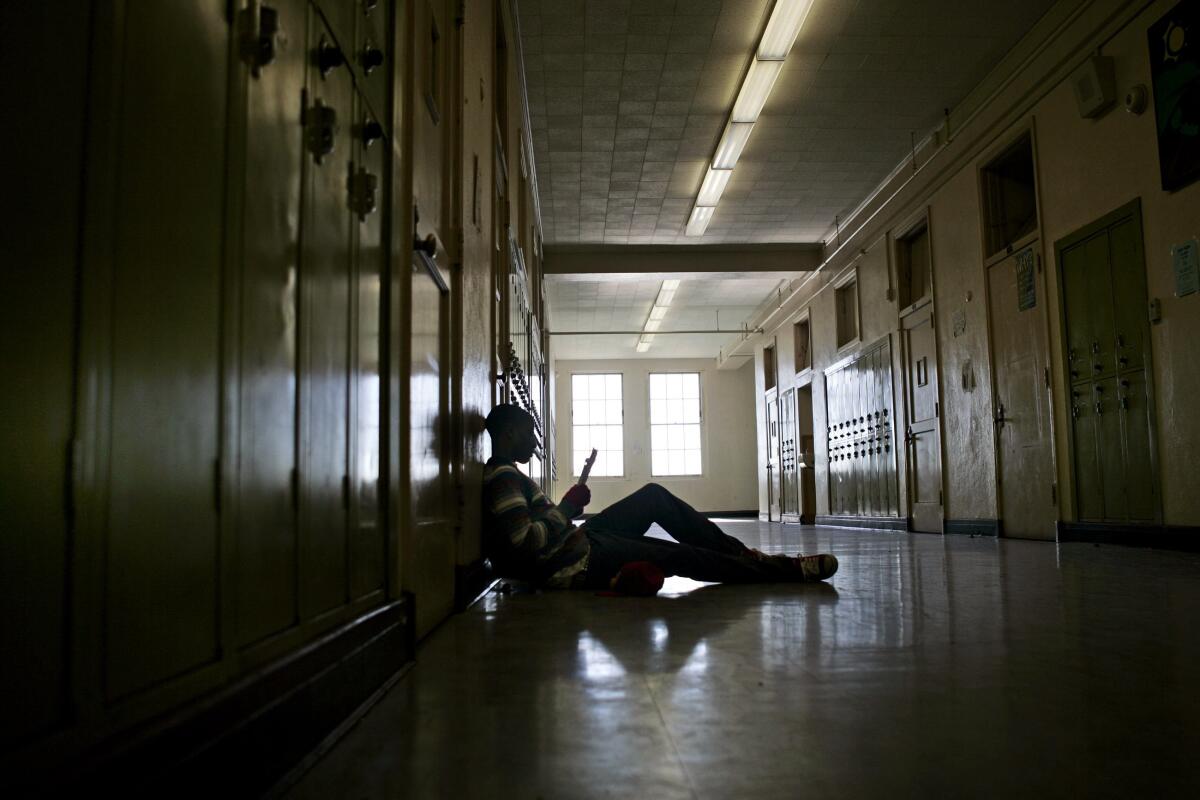
Joining a growing tide of guaranteed-income programs across California, a state bill making its way through the Legislature would give $1,000 a month to unhoused high school seniors.
Introduced by state Sen. Dave Cortese (D-San Jose), Senate Bill 1341 proposes a monthly, no-strings-attached check to eligible students for five months, from April of a student’s senior year until August.
“It’s essentially this transitional support to try to disrupt the cycle of homelessness at this age group,” Cortese said.
The legislation is a revamp of an earlier bill, also introduced by Cortese, that aimed to give $500 a month to college students from low-income families attending some California State University campuses. However, lawmakers scrapped the idea once they realized the monthly checks would have essentially been deducted from any separate student financial aid.
SB 1341 passed the Senate floor in May and is now being reviewed by Assembly committees on human services and higher education.
Foreign graduate students struggle to live in California, making it hard for them to complete their studies and harder for the U.S. to attract talent.
The bill would provide enough funding for 15,000 students, which is the number of seniors in public high schools who in the 2020-21 school year were living homeless, defined by the McKinney-Vento Act as lacking “a fixed, regular, and adequate nighttime residence.”
Many of these children live in the homes of other families, shelters, motels, cars or public spaces.
Across all public schools in the state, from kindergarten to 12th grade, more than 183,000 students were homeless last school year, according to the California Department of Education.
Black and Latino students were overrepresented; Black students make up 5% of statewide enrollment but accounted for about 7% of homeless students, according to state data, and Latinos composed 74% of homeless students despite being 55% of the overall student population. White students, who make up 22% of statewide enrollment, accounted for about 10% of homeless students.
Lawmakers project the state would spend about $85 million a year to fund the monthly checks, fluctuating along with the number of homeless youths.
The $1.5-million yearlong community college program will also provide students with mental health support.
Although the funds are intended to assist recent high school graduates with housing, transitioning to college or vocational training, or applying for jobs, the bill allows individuals to decide how to spend the monthly stipends.
“That’s both the most radical and also the most effective thing we’ve seen out of guaranteed income as it’s become more mainstream over the last couple of years,” Cortese said. “The combination of empowerment and lack of prescriptiveness has been really powerful in terms of outcomes.”
After the city of Stockton famously started giving $500 to some of its working-class residents for two years starting in 2019, a study showed that employment among the recipients went up by 12 percentage points.
Since then, other cities and counties in the state have followed suit, including Los Angeles County, which is providing $1,000 for some low-income residents for three years. Compton started giving checks to some of its residents starting in late 2020, and Long Beach is close to offering $500 a month to some single-parent households in the neighborhood with the city’s highest poverty rate.
Statewide, expectant mothers or individuals who age out of foster care may be eligible for state-funded guaranteed income.
More to Read
Start your day right
Sign up for Essential California for news, features and recommendations from the L.A. Times and beyond in your inbox six days a week.
You may occasionally receive promotional content from the Los Angeles Times.
